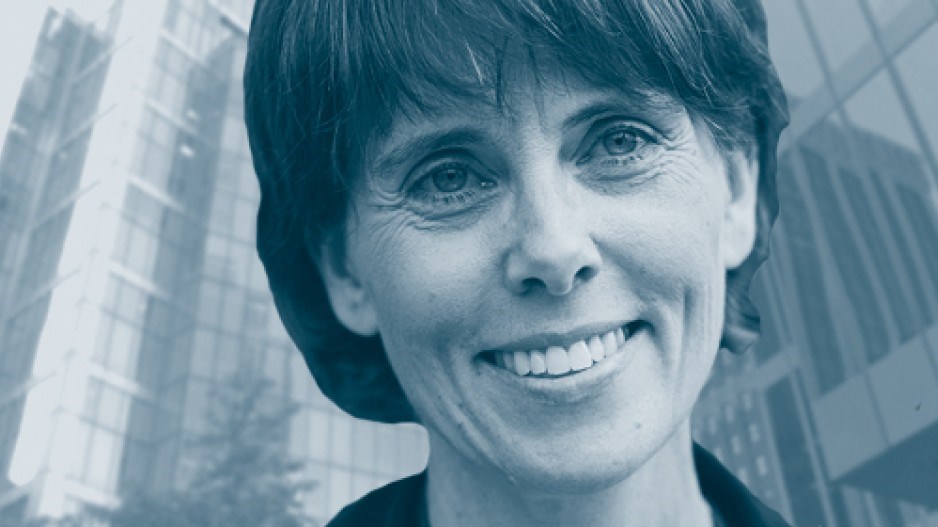Imagine walking into your neighbourhood health centre and knowing that whatever your health-care needs, you’re in the right place.
A team of doctors, nurses, psychologists and allied health professionals are available to ensure that the focus is on your wellness and prevention of disease and illness. You have built relationships with these healthcare providers, and you know that they will be there when you need them.
Here in B.C., we’re a long way from this vision. We’re hearing daily stories about emergency room closures, staffing shortages, and family doctors closing their practices. Premier John Horgan himself stated that health care in B.C. is “crumbling at our feet.”
Physicians have been raising the alarm too, saying they’re not paid to do half of their work, they can’t afford the high costs of rent and administration, and that family practices are being phased out by corporations and governments alike. We cannot expect our health-care professionals to be caring for us when they are not being cared for themselves.
We pride ourselves on our universal health-care system in Canada. But is it working as well as it should be? With a population of 75 million, Germany has one of the top ranked healthcare systems in the world, while Canada’s public health system, serving 38 million people, is teetering. Canada and Germany dedicate similar amounts of funding to universal health care. What explains this discrepancy?
Germany has one healthcare administrator for every 15,545 citizens. Canada has one health-care administrator for every 1,415 citizens. In other words, Canada has 10 times as many administrators as Germany, for fewer citizens. This means that much of the money we’re spending on health care in Canada isn’t going directly to services.
While some administrators are essential, excessive bureaucracy creates inefficiencies within our health-care system. In B.C., the five regional health authorities – an extension of the Ministry of Health – are used to implement and administer health spending, while in other jurisdictions funding is sent directly to physician clinics.
Evidence shows that more administration inserted into health-care delivery is not working. Despite this, the BC NDP continues to promote government-run Urgent and Primary Care Centres (UPCCs) as a solution to the family doctor crisis. The intention of UPCCs is to provide urgent care to those without a family doctor. In reality, UPCCs suffer from bureaucratic overreach, chronic staff shortages, inexcusable wait times and long-term closures. They are also failing to address the shortage of family doctors: Richmond’s primary care network currently has one of the approved 32 full-time doctors.
As the German example shows us, it matters how the money is spent.
Here in B.C., we must rethink our approach to health-care funding. We need to reduce administration and allocate more resources to the doctors, nurses and specialists who are invested in providing care to patients. We know that having good access to primary care leads to better health for people, and we know that many family doctors want to provide care rooted in relationships with their patients. We need to invest more in services for people, not more bureaucracy.
Our vision for health care lies in community health centres. These centres are run by teams of health professionals, not by health authorities. Government provides the physical infrastructure – much like schools – and funding for the doctors, nurses, psychologists and health professionals who deliver health care. These centres focus on delivering care, are patient-centred and rooted in community needs. This vision is being realized in community health centres like Shoreline Medical on the Saanich Peninsula and the Whistler 360 Health Collaborative Society.
It’s time the NDP examines its approach to providing care. Instead of doubling down on cumbersome and expensive bureaucracy, this government needs to trust the doctors and nurses and work collaboratively with them, ensuring the focus is on delivering the highest quality care. The health and well-being of British Columbians should be the essential consideration of government – the NDP must work in good faith with doctors and nurses to build the solutions that work. ■
Sonia Furstenau is leader of the BC Green Party




